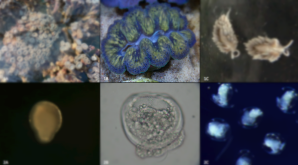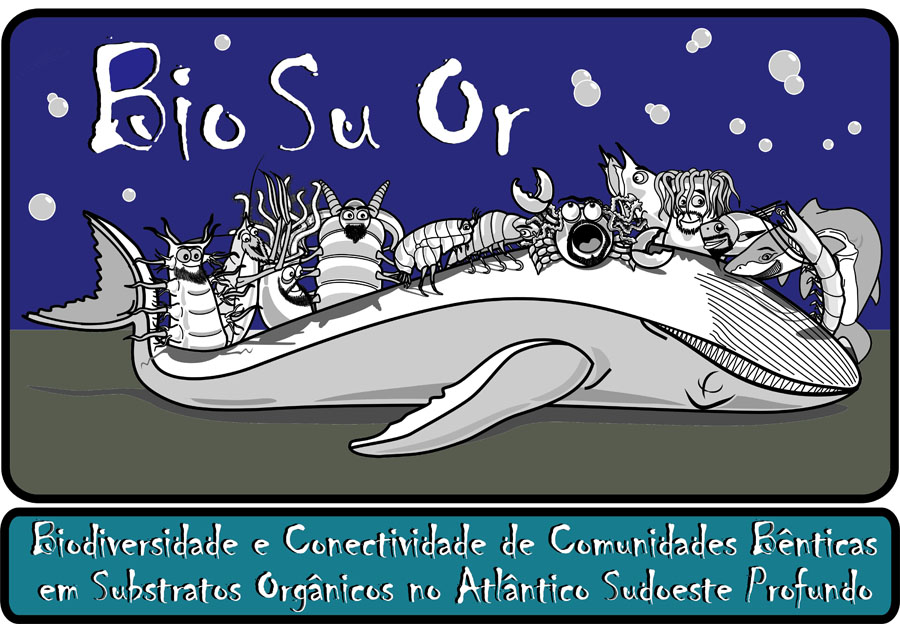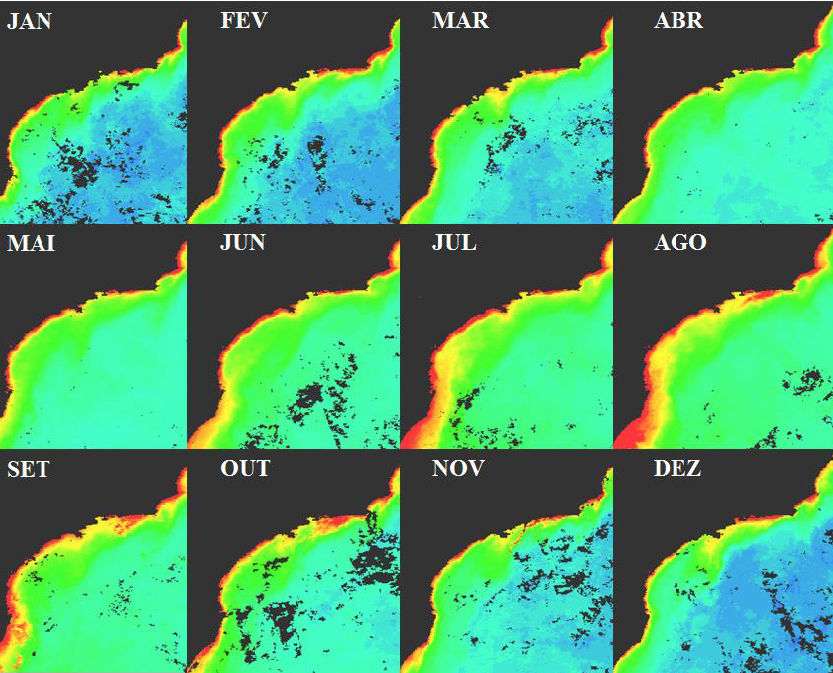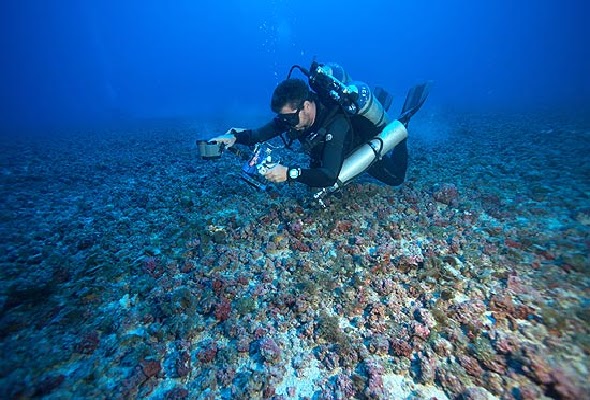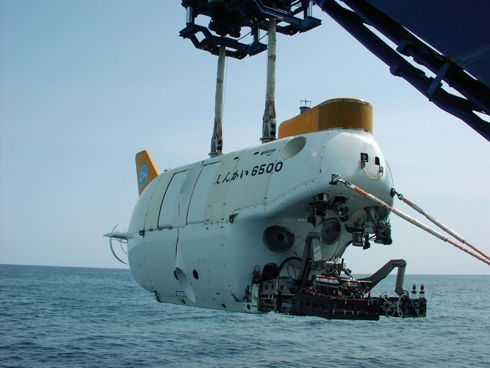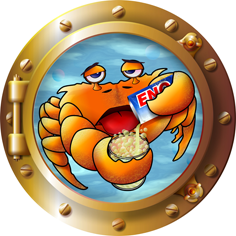Current Projects
BECOOL (en)
- With the support of CNPq, Brazilian Navy (PROANTAR), Chilean Navy and others universities, the BECOOL project (BEnthic COnnections Of high southern Latitudes) will study the effects of climate change on the Antarctic benthic fauna and its connections with the South American continent. The region of the Martel cove, where the Brazilian Antarctic base Comandante Ferraz is located, has a solid record of data showing a loss of more than 10% of the glaciers in the cove, revealing climate changes in the region. Consequently, changes...Symbiosis in larvae of coral reef organisms
- Coral reefs are coastal marine ecosystems that present one of the most expressive levels of biodiversity. Such environments are conspicuous given that their carbon production is mainly related to photosynthetic dinoflagellates called zooxanthellae. These organisms are found in an endosymbiotic association with several marine phyla, especially corals. However, coral reefs are fragile environments that have been affected by climate change, specifically by thermal increase and ocean acidification. These events disrupt the symbiotic relationship, resulting in the death of the...Biodiversity and connectivity in deep-sea organic islands
- Project BioSuOr is a FAPESP funded research that uses landers to study the colonization of deep-sea organisms in whale bones and wood parcels deployed in the deep SW Atlantic Ocean. Landers were deployed in different latitudes and depths to allow the comparison of the community structure along and across depth gradients. Data collected in the SW Atlantic will be also compared with results obtained in the NE Pacific, where identical structures were implanted. This will permit researchers to make regional and inter-basin comparisons of fauna and its biogeographical...
Completed Projects
ANTARES
- ANTARES is a South American network created in 2003 in support of the IOCCG (International Ocean-Color Coordinating Group), the POGO (Partnership for the Observation of the Global Oceans) and with initial funding by the IAI (Inter American Institute for Global Change Research). The main objective of the ANTARES network is the study of long-term changes in coastal ecosystems around South America to distinguish those due to natural variability from those due to external disturbances (anthropic effects). To achieve this goal it is proposed to standardize and...Pró-Abrolhos - Productivity, Sustainability and Utilization of the Abrolhos Bank Ecosystem
- The project "Productivity, Sustainability and Utilization of the Abrolhos Bank Ecosystem" aims to investigate the functioning and maintenance of the marine ecosystem on the Abrolhos Bank to support the rational management of its living resources. The research network that makes up the project counts on a group dedicated to acquisition and analysis of images of ROV, and collected biological samples by scuba divers, besides time-series of certain environmental parameters, with the specific objective of identifying and analysing spatio-temporal...Iatá-Piúna: sailing in the deep and dark waters of the SW Atlantic Ocean
- In 2013, the Oceanographic Institute of the University of São Paulo (IOUSP) together with the Japan Agency for Marine-Earth Science and Technology (JAMSTEC) and the Brazilian Geological Survey (CPRM) signed a science cooperation agreement to study the deep SW Atlantic Ocean. In the same year, the Japanese HOV Shinkai 6500 and its mother ship Yokosuka made its first mission in waters off the S-SE Brazilian continental margin in depths exceeding 4000 meters. The visited sites included the Rio Grande Rise, the São Paulo Ridge and the São Paulo Plato. The results collected...Will ocean acidification affect benthic processes, such as organic matter remineralization and trophodynamics?
- The ACIDBENTHOS project consists in a experimental study about the ocean acidification. We aim to evaluate the effects of ocean acidification over the organic matter remineralization in bottom sediments. We are also studing how the acidification could effect the ways of organic carbon through the benthic food web. This experimental study is being carry on in a shallow area (10-20 m depth) in Ubatuba, offshore São Paulo State, Brasil.

